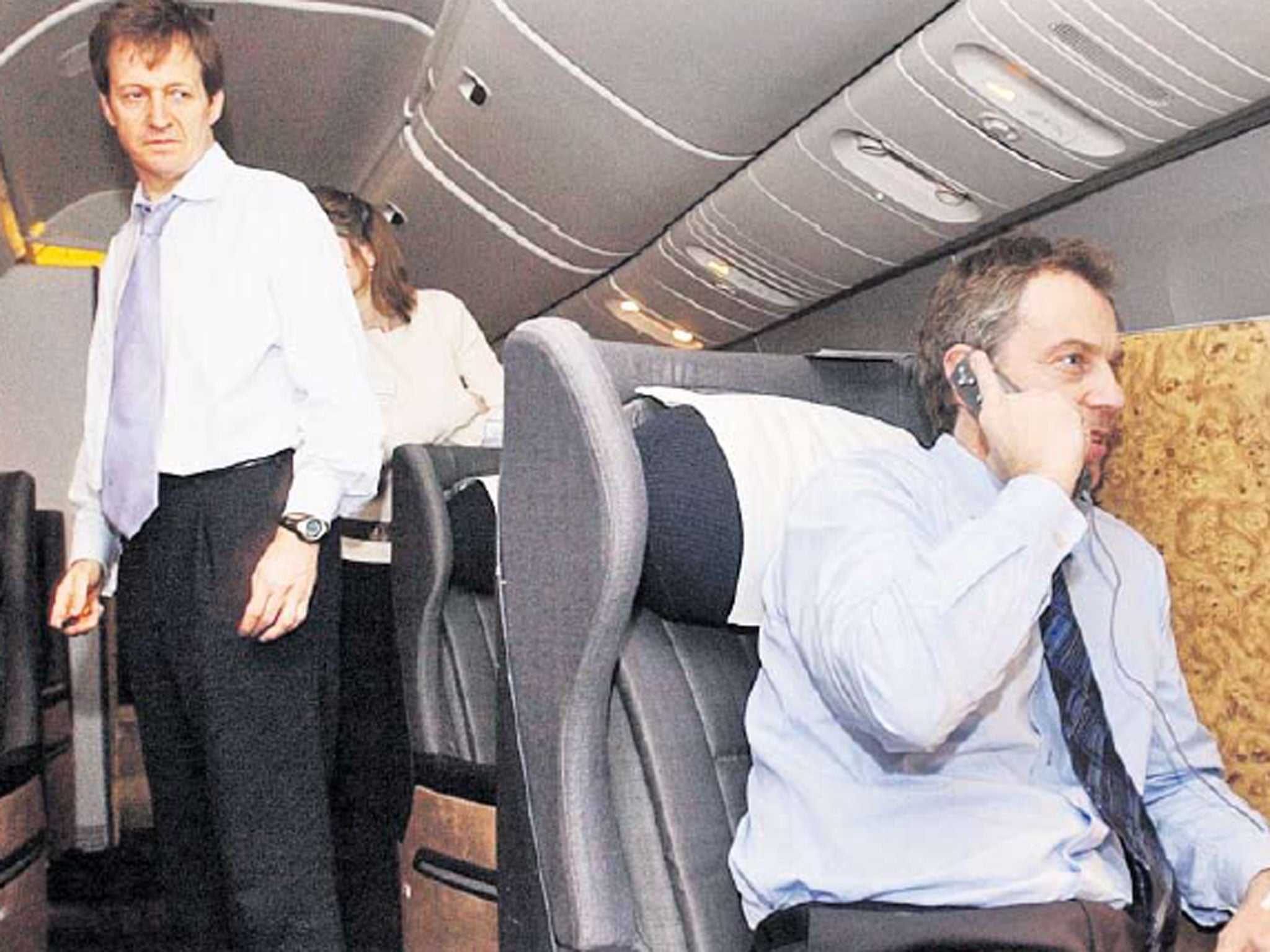Panorama set to reveal new details on how Iraq war began

Your support helps us to tell the story
From reproductive rights to climate change to Big Tech, The Independent is on the ground when the story is developing. Whether it's investigating the financials of Elon Musk's pro-Trump PAC or producing our latest documentary, 'The A Word', which shines a light on the American women fighting for reproductive rights, we know how important it is to parse out the facts from the messaging.
At such a critical moment in US history, we need reporters on the ground. Your donation allows us to keep sending journalists to speak to both sides of the story.
The Independent is trusted by Americans across the entire political spectrum. And unlike many other quality news outlets, we choose not to lock Americans out of our reporting and analysis with paywalls. We believe quality journalism should be available to everyone, paid for by those who can afford it.
Your support makes all the difference.The BBC will revisit one of the greatest crises in its history when it broadcasts a controversial new Panorama investigation which promises to reveal fresh information about the intelligence deployed by the Blair Government to justify the invasion of Iraq.
Peter Taylor, the award-winning investigative reporter, is working on the investigation to mark the 10th anniversary of the Iraq conflict next month, The Independent has learnt.
Taylor, renowned for his sources within the security services, is expected to reveal new information about claims, which turned out to be false, that Saddam Hussein's regime was actively pursuing weapons of mass destruction.
The episode will look ahead to the publication of the Chilcot report into the conflict. It is due to air on BBC1 on 18 March, two days before the anniversary, and is being treated with the highest sensitivity inside a BBC still reeling from the journalistic failures exposed during the Savile scandal.
It was Andrew Gilligan's Today programme claim that the Government "sexed up" the intelligence inserted into the dossier detailing Saddam's weapons' programme which led to the 2004 resignation of Greg Dyke, the BBC Director-General and Chairman Gavyn Davies, following the publication of the Hutton Report.
Taylor's film threatens to reopen the issue at a time when the BBC is still suffering a power vacuum at the highest echelons. Potentially controversial BBC investigations face the closest scrutiny following the "serious failure of BBC journalism" which led to Lord McAlpine being falsely identified as a paedophile in a Newsnight report.
The new Director-General, Tony Hall, will not take office until April and applications are being sought for a new Director of News, following Helen Boaden's move to take over the BBC's radio services. Boaden will oversee the Panorama broadcast, which was commissioned last Autumn, the BBC said.
Mr Hall, who has already approved a number of changes to senior BBC management, is expected to be fully briefed on the contents of the Panorama programme before it airs.
A BBC source said: "Helen Boaden is still Director of News and there is a perfectly robust chain of command in place, which goes all the way up to Acting Director General, Tim Davie."
In a recent BBC series on espionage, Taylor spoke to "Curveball", an Iraqi defector who confirmed that he fabricated the claims about Iraq's weapons of mass destruction which were quoted as "facts" by former US Secretary of State Colin Powell when he presented the case for war to the United Nations.
Alastair Campbell, Tony Blair's director of communications, vehemently denied Gilligan's claim that he had inserted information known to be incorrect into the "dodgy dossier".
Join our commenting forum
Join thought-provoking conversations, follow other Independent readers and see their replies
Comments